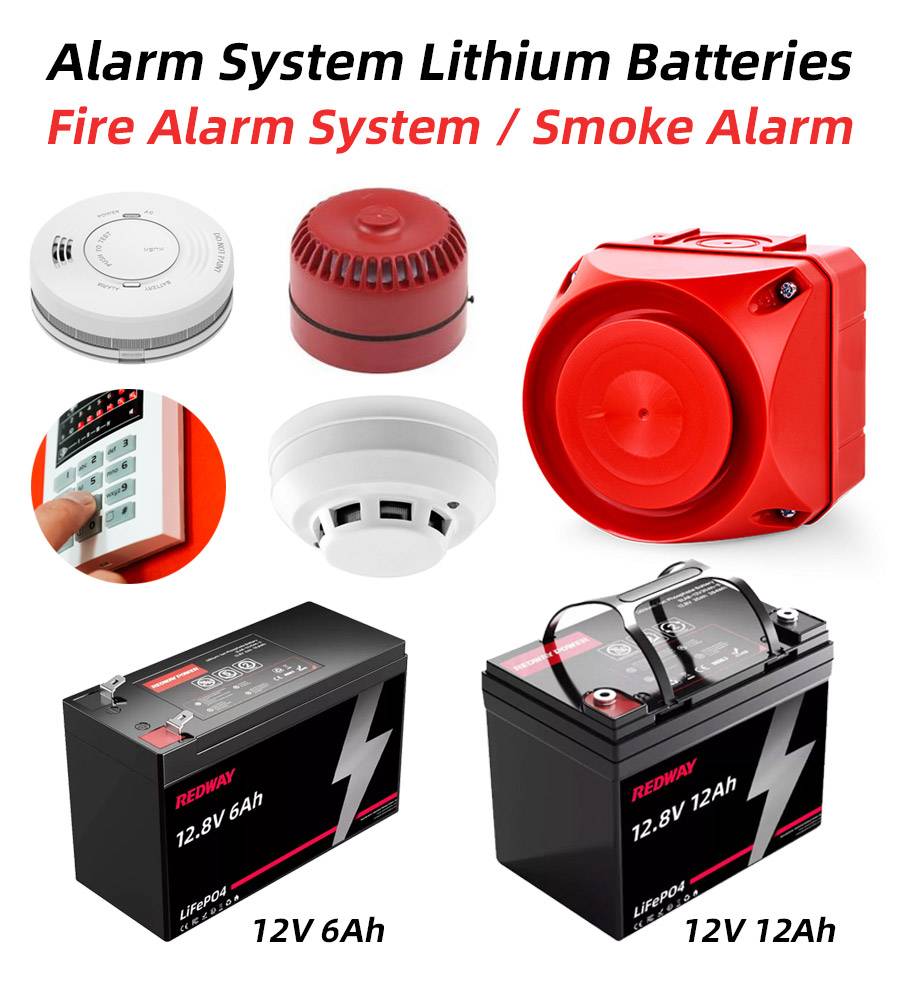- Forklift Lithium Battery
-
48V
- 48V 210Ah
- 48V 300Ah
- 48V 420Ah (949 x 349 x 569 mm)
- 48V 420Ah (950 x 421 x 450 mm)
- 48V 456Ah
- 48V 460Ah (830 x 630 x 590 mm)
- 48V 460Ah (950 x 421 x 450 mm)
- 48V 460Ah (800 x 630 x 600 mm)
- 48V 460Ah (820 x 660 x 470 mm)
- 48V 500Ah
- 48V 560Ah (810 x 630 x 600 mm)
- 48V 560Ah (950 x 592 x 450 mm)
- 48V 600Ah
- 48V 630Ah
-
48V
- Lithium Golf Cart Battery
- 12V Lithium Battery
12V 150Ah Lithium RV Battery
Bluetooth App | BCI Group 31
LiFePO4 Lithium
Discharge Temperature -20°C ~ 65°C
Fast Charger 14.6V 50A
Solar MPPT Charging - 24V Lithium Battery
- 36V Lithium Battery
- 48V Lithium Battery
-
48V LiFePO4 Battery
- 48V 50Ah
- 48V 50Ah (for Golf Carts)
- 48V 60Ah (8D)
- 48V 100Ah (8D)
- 48V 100Ah
- 48V 100Ah (Discharge 100A for Golf Carts)
- 48V 100Ah (Discharge 150A for Golf Carts)
- 48V 100Ah (Discharge 200A for Golf Carts)
- 48V 150Ah (for Golf Carts)
- 48V 160Ah (Discharge 100A for Golf Carts)
- 48V 160Ah (Discharge 160A for Golf Carts)
-
48V LiFePO4 Battery
- 60V Lithium Battery
-
60V LiFePO4 Battery
- 60V 20Ah
- 60V 30Ah
- 60V 50Ah
- 60V 50Ah (Small Size / Side Terminal)
- 60V 100Ah (for Electric Motocycle, Electric Scooter, LSV, AGV)
- 60V 100Ah (for Forklift, AGV, Electric Scooter, Sweeper)
- 60V 150Ah (E-Motocycle / E-Scooter / E-Tricycle / Tour LSV)
- 60V 200Ah (for Forklift, AGV, Electric Scooter, Sweeper)
-
60V LiFePO4 Battery
- 72V~96V Lithium Battery
- Rack-mounted Lithium Battery
- E-Bike Battery
- All-in-One Home-ESS
- Wall-mount Battery ESS
-
Home-ESS Lithium Battery PowerWall
- 24V 100Ah 2.4kWh PW24100-S PowerWall
- 48V 50Ah 2.4kWh PW4850-S PowerWall
- 48V 50Ah 2.56kWh PW5150-S PowerWall
- 48V 100Ah 5.12kWh PW51100-F PowerWall (IP65)
- 48V 100Ah 5.12kWh PW51100-S PowerWall
- 48V 100Ah 5.12kWh PW51100-H PowerWall
- 48V 200Ah 10kWh PW51200-H PowerWall
- 48V 300Ah 15kWh PW51300-H PowerWall
PowerWall 51.2V 100Ah LiFePO4 Lithium Battery
Highly popular in Asia and Eastern Europe.
CE Certification | Home-ESS -
Home-ESS Lithium Battery PowerWall
- Portable Power Stations
We accept OEM, ODM and SKD orders
Alarm System Lithium Batteries Factory Wholesale
Redway Power
Alarm System Lithium Batteries, One-Stop Solution
Redway Power excels in crafting fire Alarm system and Alarm System Lithium Batteries, purpose-built for providing dependable and long-lasting power to security alarm systems. These rechargeable lithium-ion batteries, designed by Redway, serve as the crucial backup power source for alarm panels and sensors during power outages.
With a focus on high energy density, extended lifespan, and consistent performance, Redway Power's Alarm System Lithium Batteries ensure the uninterrupted operation of security devices. Tailored for both home and commercial security setups, these batteries exemplify Redway Power's commitment to enhancing the reliability of alarm systems, providing a trustworthy power solution for critical security applications in diverse settings.
Redway Power for Batteries OEM/ODM
Best Alarm System Lithium Batteries Manufacturer 2024
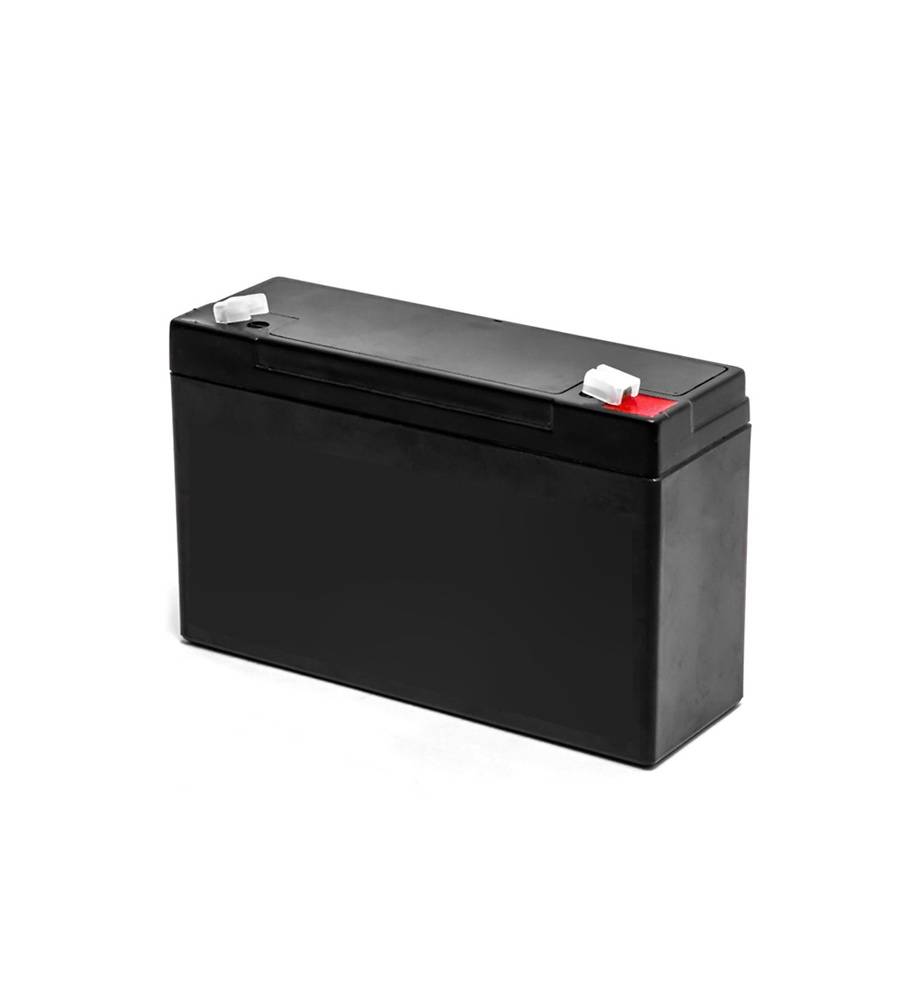
6V 12Ah
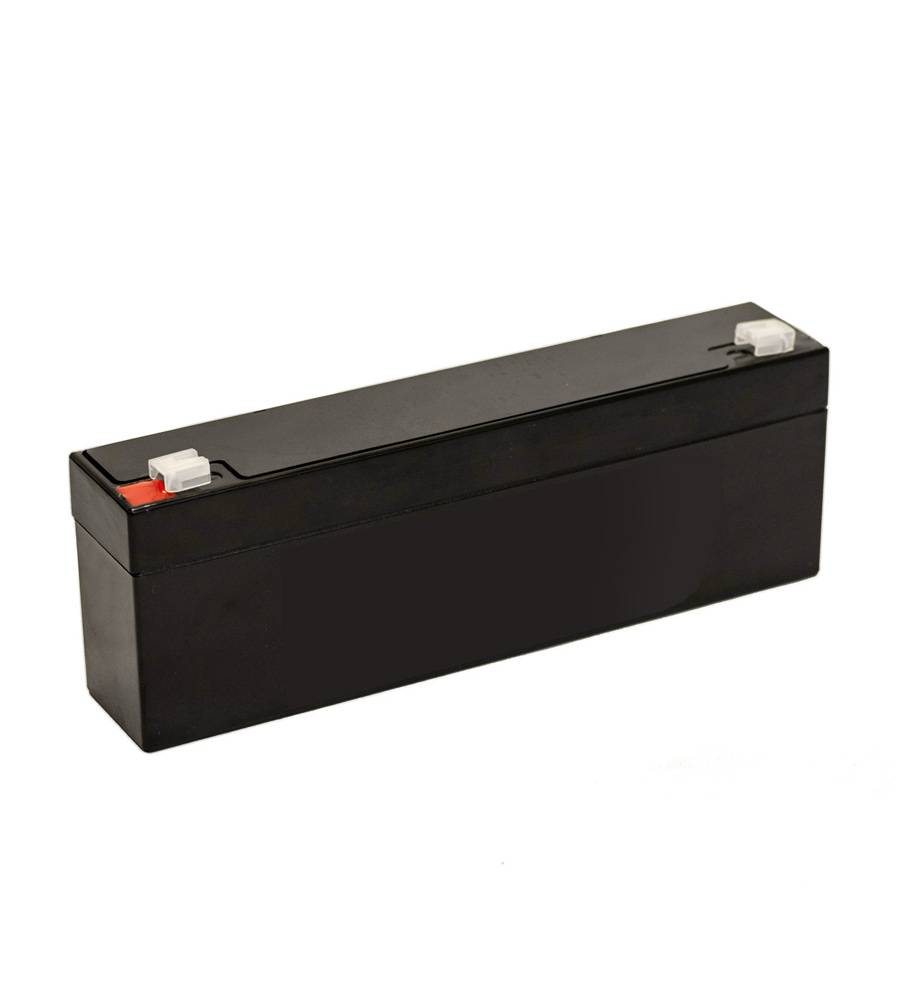
12V 2.3Ah
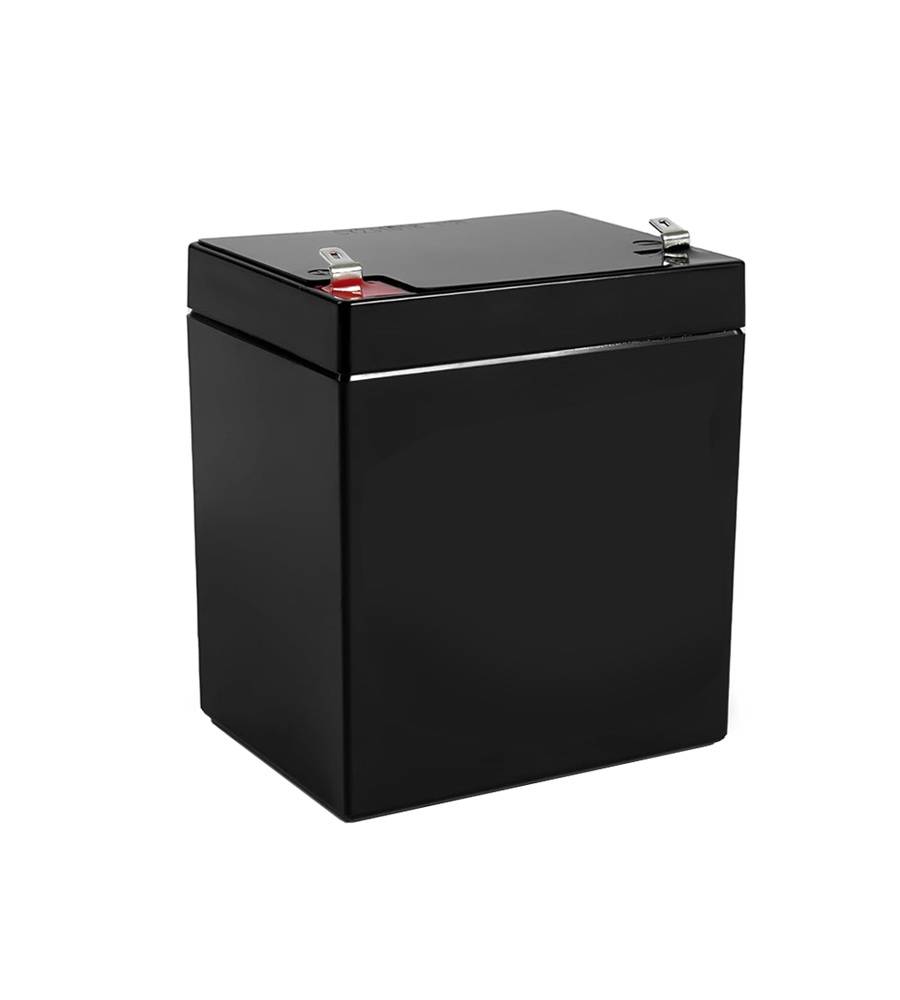
12V 4Ah
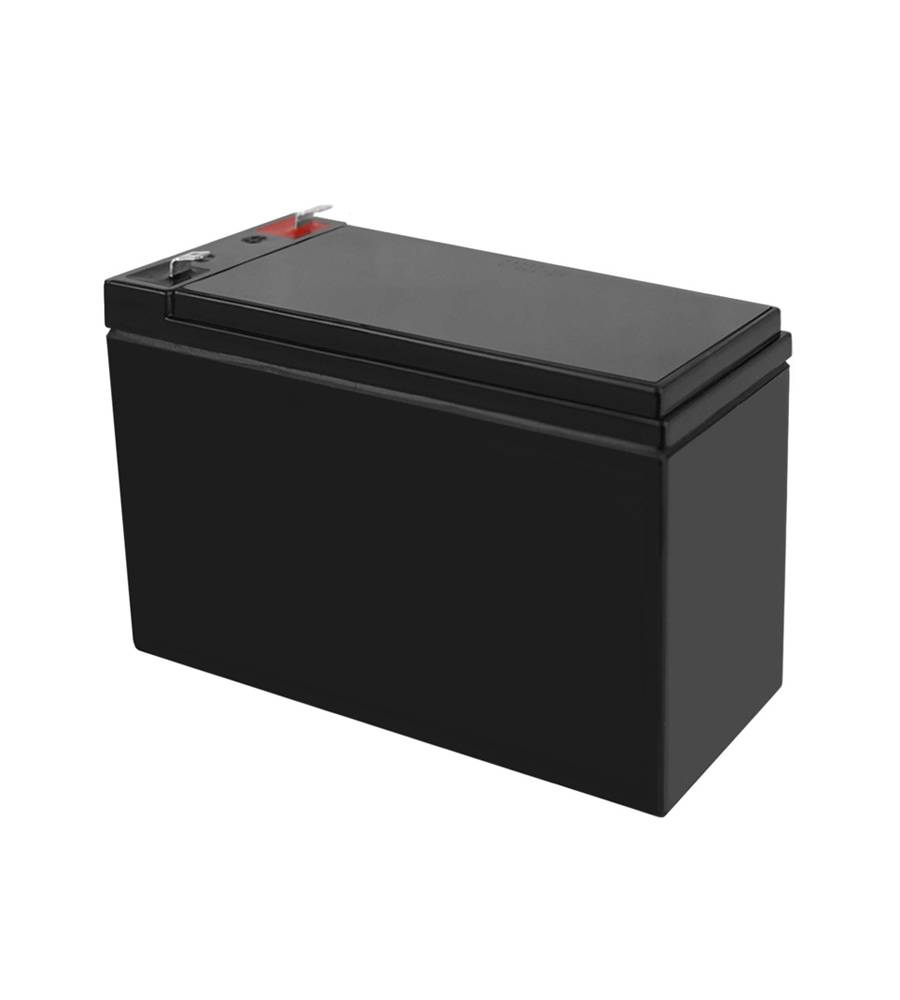
12V 8Ah
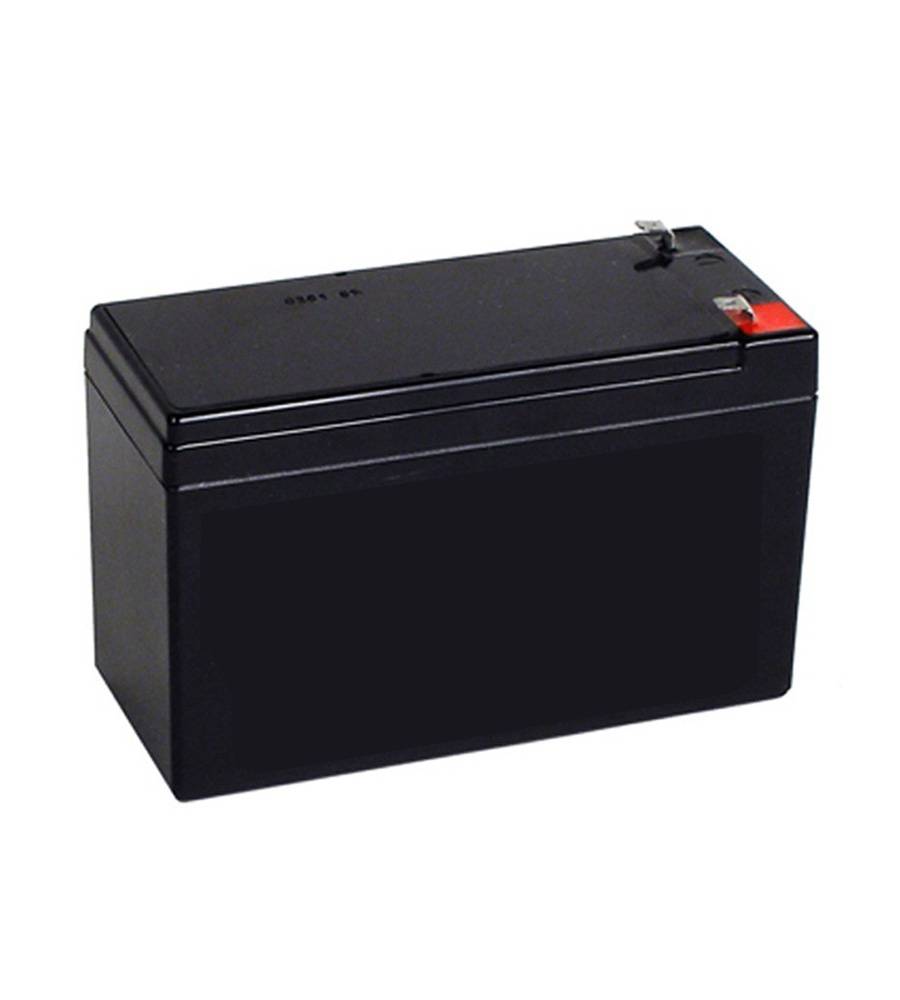
12V 9Ah
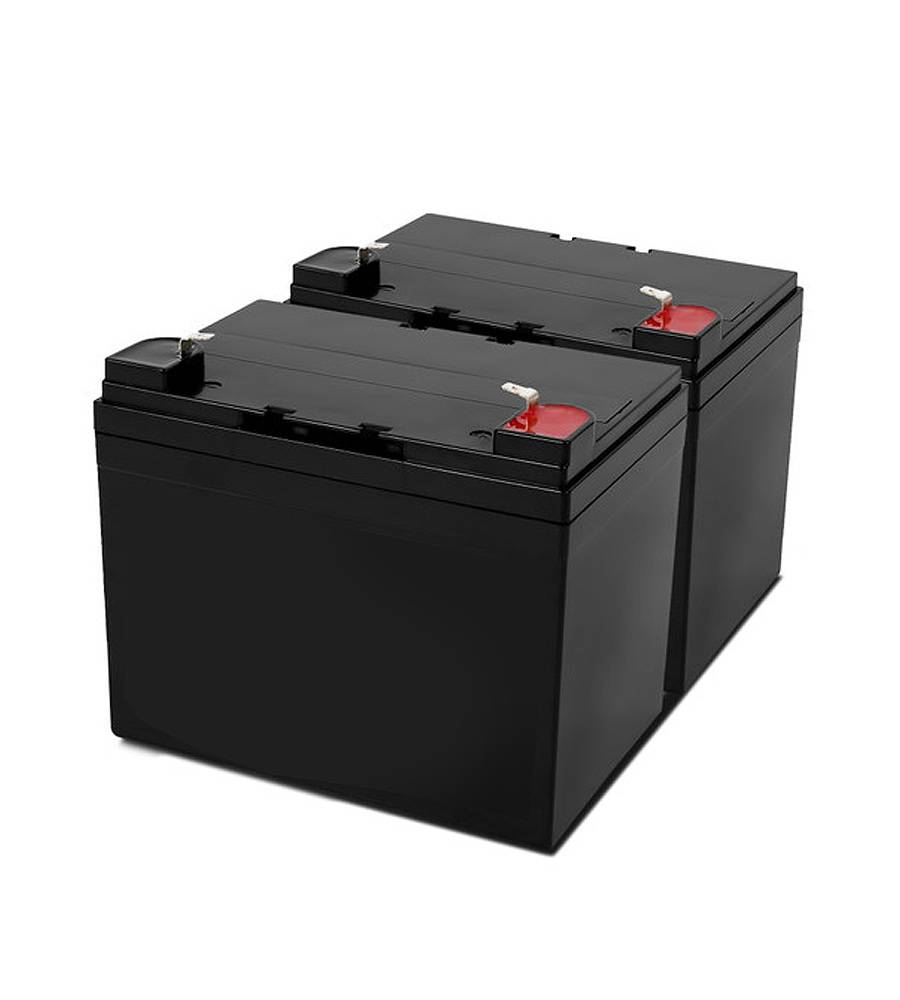
12V 12Ah (Single)
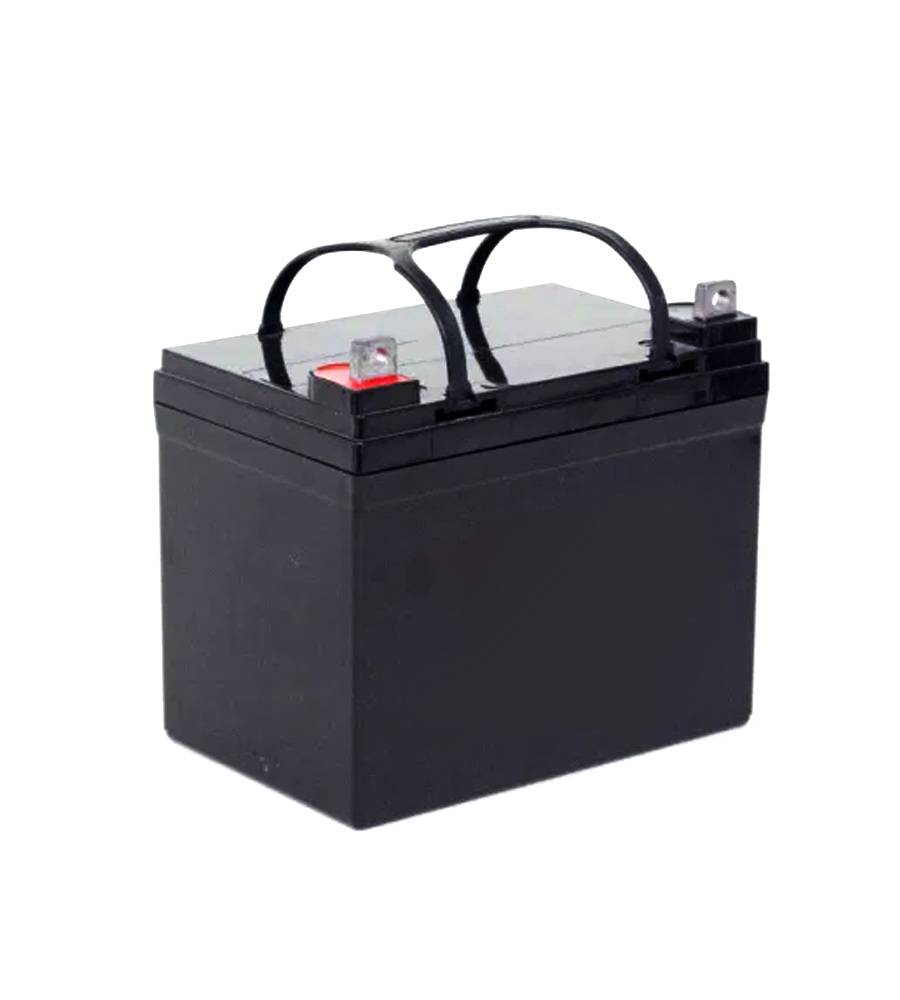
12V 33Ah
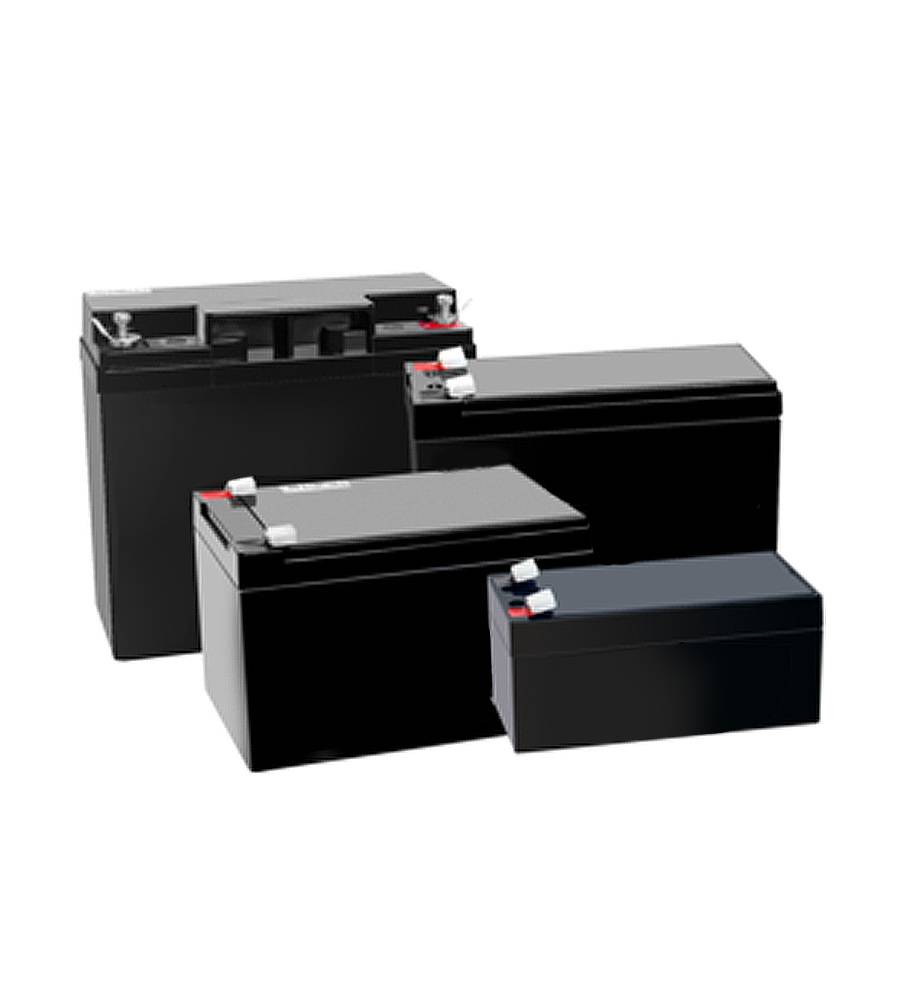
12V
Alarm System Lithium Batteries Wholesale
Redway Alarm System Lithium Batteries WHOLESALE are high-quality lithium batteries designed specifically for alarm systems. These batteries offer exceptional performance, a long lifespan, and reliable power supply for alarm systems. They are built with advanced technology and safety features to ensure optimal performance and protection. Redway Alarm System Lithium Batteries are widely used in the security industry due to their durability and efficiency. With their wholesale availability, they provide a cost-effective solution for alarm system providers and installers. Trust Redway Alarm System Lithium Batteries to safeguard your security systems with reliable and long-lasting power.
What is the wholesale price of lithium battery?
You can click contact us or phone call us. We will give you multiple options of price.
Is Redway Power a trading company or factory?
Redway Power is a company with its own factory, integrating research, development, production, and sales.
How about the quality of Redway's LiFePo4 Battery product?
Redway Power boasts over 12 years of experience in LiFePO4 battery production and is an authorized supplier for CATL and BYD.
Can you do an OEM/ODM project?
Yes, we have engineers available to assist in designing and developing any related products.
What’s your MOQ?
MOQ varies according to battery voltage and capacity.
What payment terms can we accept?
We accept TT/Paypal/West Union, etc.
Alarm System Lithium Batteries Knowledge
Alarm system lithium batteries are an integral part of security alarm systems, providing backup power during outages to ensure continuous operation and protection. These batteries offer high energy density, long lifespans, and rechargeable capabilities. Safety is paramount when utilizing lithium batteries in alarm systems, as they have the potential for safety risks if not handled properly. It is crucial to understand the importance of safety when using lithium batteries, including proper installation, maintenance, and regular testing. Choose alarm system lithium batteries that meet industry standards and regulations for optimal performance and peace of mind.
Can I use a lithium battery in my alarm system?
Yes, lithium batteries can be used in alarm systems, offering advantages such as continuous security protection. Retrofitting a Lithium Powerpack to an alarm system ensures that the system remains operational during power outages and recharges when power is restored, providing uninterrupted security.
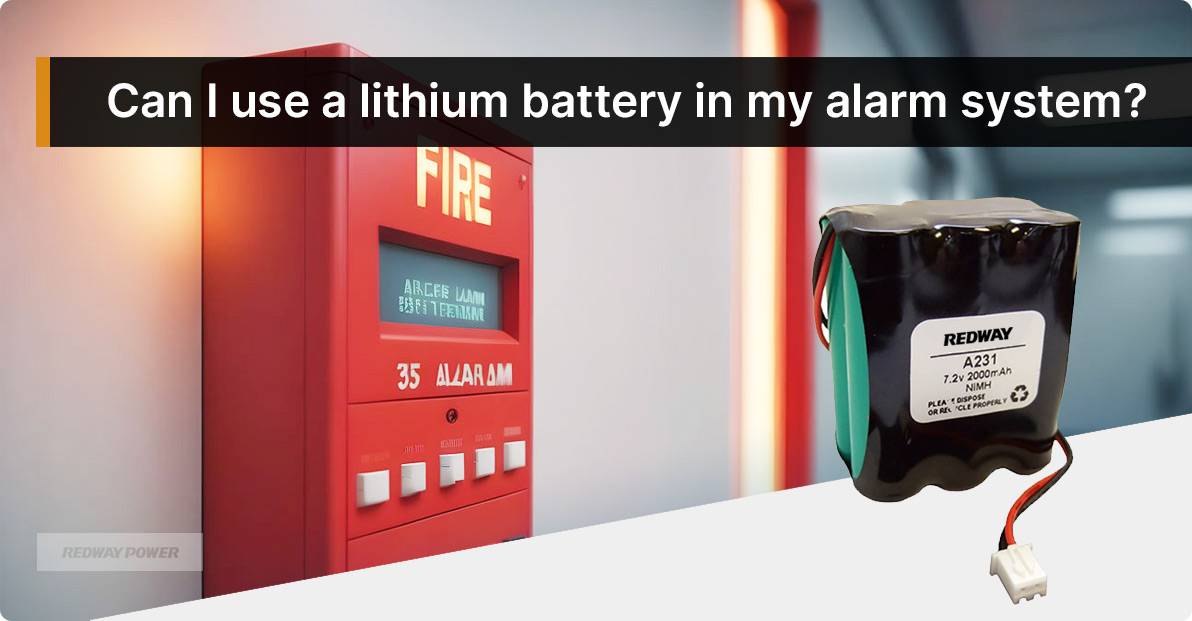
- Continuous Security Protection: Lithium batteries provide continuous security protection by offering power during outages.
- Recharging Capability: Retrofitting a Lithium Powerpack allows the battery to recharge when power is restored, ensuring uninterrupted security.
- Operational Reliability: The use of lithium batteries in alarm systems enhances operational reliability and ensures effective security measures.
Utilizing lithium batteries in alarm systems provides continuous security protection. Retrofitting a Lithium Powerpack enables the battery to recharge when power is restored, ensuring uninterrupted security and enhancing the reliability of the alarm system. Enjoy the peace of mind that comes with a reliable and effective security solution.
What are the rules for lithium batteries?
The rules for lithium batteries can vary depending on the specific application and regulations. Lithium-ion batteries, commonly used in various devices, have guidelines for transportation, storage, and disposal due to their chemical properties. It is important to follow the guidelines provided by battery manufacturers, transportation authorities, and local regulations to ensure safe handling and usage of lithium batteries.
- Transportation Guidelines: Lithium batteries have specific guidelines for transportation due to their chemical properties. Follow the transportation regulations provided by authorities to ensure safe shipment.
- Storage Recommendations: Store lithium batteries in a cool, dry place, away from direct sunlight and extreme temperatures, to maintain their performance and safety.
- Disposal Guidelines: Properly dispose of lithium batteries according to local regulations and guidelines to prevent environmental contamination and ensure safe disposal practices.
To ensure the safe handling and usage of lithium batteries, it is important to follow transportation guidelines, store them properly, and dispose of them according to local regulations. By adhering to these guidelines, we can minimize risks and ensure the safe and responsible use of lithium batteries.
Do lithium alarm batteries last longer?
The lifespan of lithium alarm batteries can vary, but it is generally recommended to replace nine-volt batteries every 6 months for smoke alarms. However, 10-year lithium-powered fire detectors do not require battery replacement. Regularly checking and following the manufacturer’s recommendations ensures optimal performance and safety.
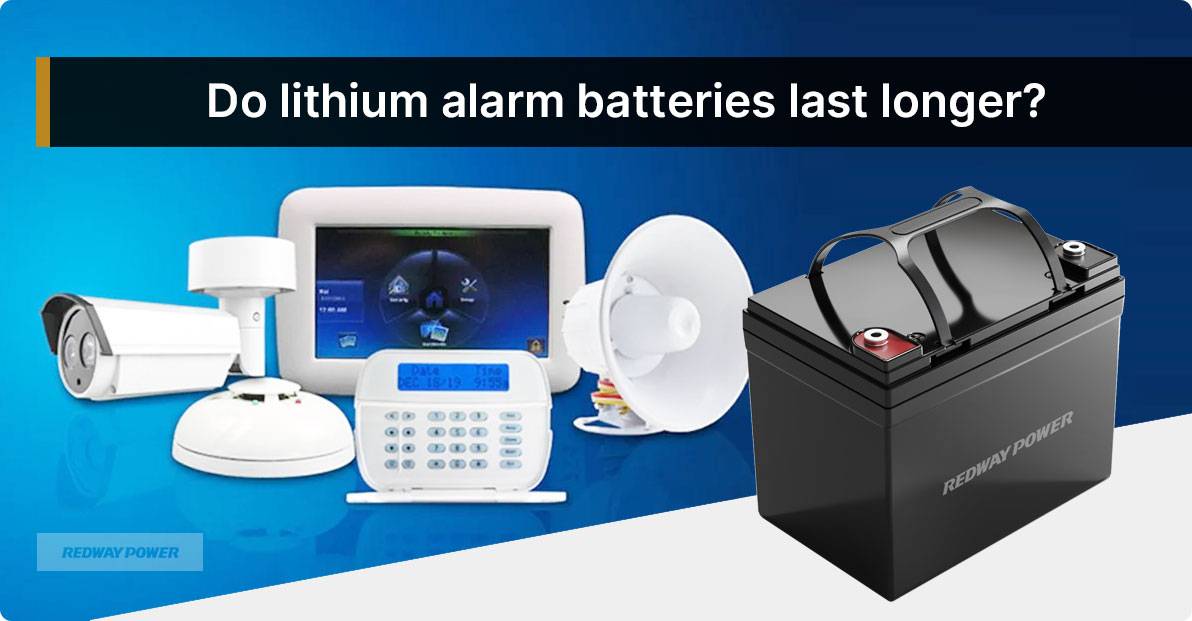
- Nine-Volt Battery Replacement: For smoke alarms powered by a nine-volt battery, it is generally recommended to replace the battery every 6 months to ensure reliable operation.
- 10-Year Lithium-Powered Fire Detectors: These detectors typically do not require battery replacement during their 10-year lifespan, providing long-term convenience and peace of mind.
- Manufacturer’s Recommendations: It is important to follow the manufacturer’s recommendations for battery replacement to ensure optimal performance and safety of the alarm system.
Regular battery replacement is essential for maintaining the reliability and effectiveness of alarm systems. For smoke alarms powered by nine-volt batteries, it is recommended to replace them every 6 months. However, 10-year lithium-powered fire detectors offer the convenience of not requiring battery replacement during their lifespan. Always refer to the manufacturer’s recommendations for the best battery maintenance practices.
What not to do with a lithium battery?
To safely use lithium batteries, follow these guidelines: Avoid direct sunlight and hot vehicle storage, use the original charging cord, avoid excessive charging, and never charge devices under pillows, on beds, or on couches. These precautions help prevent potential hazards associated with lithium batteries.
- Avoid Sunlight and Hot Vehicle Storage: Do not expose lithium batteries to direct sunlight or leave them in hot vehicles.
- Use Original Charging Cord: Always use the charging cord that came with the device to ensure compatibility and safe charging.
- Avoid Excessive Charging: Do not overcharge lithium batteries to prevent potential safety issues and maximize battery lifespan.
- Avoid Charging Near Flammable Materials: Never charge devices under pillows, on beds, or on couches to minimize the risk of fire hazards.
By following these precautions, you can safely use lithium batteries and minimize potential hazards. Remember to avoid sunlight and hot vehicle storage, use the original charging cord, avoid excessive charging, and never charge devices near flammable materials. Prioritizing safety ensures a worry-free experience with lithium batteries.
What is the best battery for a home alarm system?
The best battery for a home alarm system depends on the specific requirements and compatibility of the system. Popular options include SLA (Sealed Lead Acid) batteries and lithium batteries. Consult the alarm system manufacturer or professional installers for the most suitable battery for your specific home alarm system.
- SLA (Sealed Lead Acid) Batteries: These are commonly used in home alarm systems and provide reliable power. They are cost-effective and readily available.
- Lithium Batteries: Lithium batteries offer advantages such as longer lifespan, lighter weight, and higher energy density. They are suitable for systems that require higher energy output and longer runtime.
- Consult the Manufacturer: To determine the best battery for your home alarm system, it is recommended to consult the system manufacturer or professional installers for compatibility and specific requirements.
Choosing the best battery for a home alarm system depends on factors such as cost, energy requirements, and compatibility. SLA batteries and lithium batteries are popular options, each with their own advantages. To ensure the best choice, consult the system manufacturer or professional installers for guidance based on your specific home alarm system needs.
Do lithium batteries get weaker over time?
Yes, lithium batteries do experience degradation over time. From the moment they are used, lithium-ion batteries start to degrade. The rate of degradation varies, but in general, most lithium-ion batteries will degrade to around 80% of their original capacity after approximately 500 to 2,000 charge cycles.
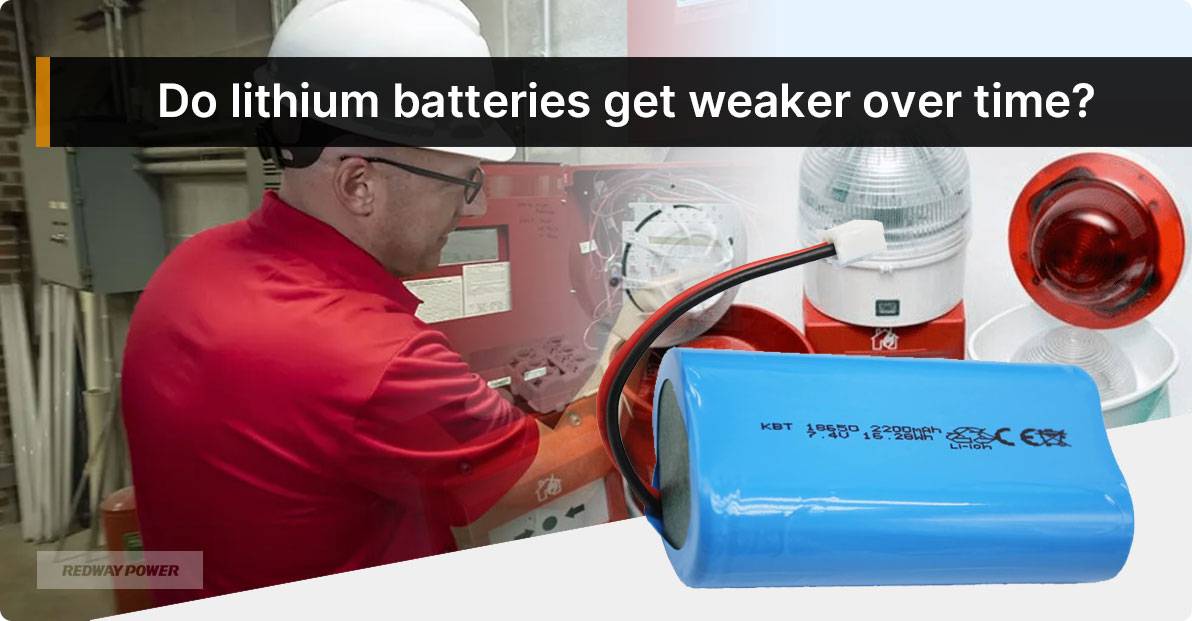
- Degradation Over Time: Lithium-ion batteries start to degrade from the moment they are used.
- Rate of Degradation: The rate of degradation can vary based on factors such as operating conditions and the number of charge cycles.
- Lifespan: In general, most lithium-ion batteries will degrade to around 80% of their original capacity after approximately 500 to 2,000 charge cycles.
Lithium-ion batteries do experience degradation over time. The rate of degradation can vary, but in general, most lithium-ion batteries will degrade to around 80% of their original capacity after approximately 500 to 2,000 charge cycles. Understanding the lifespan of lithium batteries helps in managing their usage and planning for replacements when necessary.
Inquiry Now














